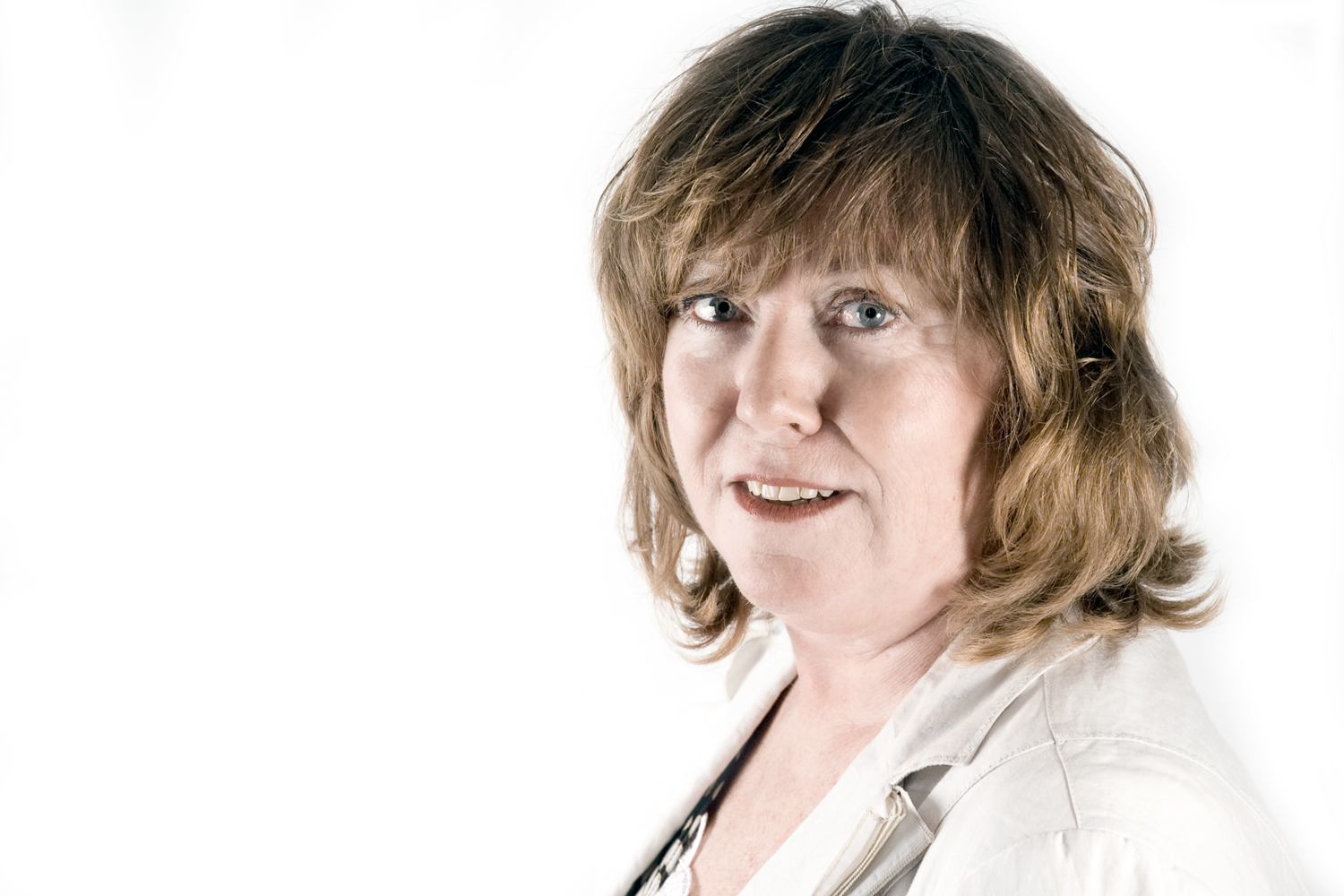Do you ever worry about ending up old and poor?
For many women, becoming the proverbial “bag lady under the bridge” is one of their worst nightmares. Myself included. I literally sit down with my husband and our financial planner twice a year to re-confirm that we are doing everything we can to make sure we do not outlive our retirement savings!
Unfortunately, this fear of ending up old and poor is actually a very rational one for a high percentage of women.
Recently, I had the chance to hear Karen Wimbish, Head of Wells Fargo Retail Retirement Group, and personal finance guru Jean Chatzky present powerful data collected in a Harris Interactive poll in conjunction with the launch of a new website to help women prepare for retirement, Beyond Today. I’m always looking for useful resources to direct women to, and I think this site can help a lot of folks.
First up, the data: (Put your seatbelts on. The numbers are stark.)
- Nearly 1/3 of women between the ages of 40 and 69 “can’t estimate” how much money they can withdraw annually from their retirement accounts and about 32% of women in their 40s and 50s estimate they will withdraw between 11% – 30% of their savings annually. These are unrealistically high annual withdrawal rates – leaving them vulnerable to outliving their savings.
- While both men and women are under saved for their retirements, the women polled had saved less than men – with a median retirement savings accumulated to date of $20,000 for women surveyed versus $25,000 for men.
- Worse still, despite longer expected life spans, when asked how much they were aiming for in retirement savings women aimed lower with a median goal of $200,000 versus $400,000 for men.
A savvy, 30-year industry veteran, Karen was kind enough to speak with me about some of the factors driving this dreary data – and what women can do to improve the odds that their golden years really will be golden.
A couple of key themes kept coming up during our chat. First, while many women are absolutely at the table on a day-to-day basis for bill payment and major household expenditures, when it comes to financial planning or investing – women are more likely to report themselves as a “joint decision maker” than are married men who are asked this question. Men are more likely to see themselves as “the primary“ decision maker in financial matters – so there is a disconnect between men and women in terms of the role they see themselves playing. The survey data also showed women to have less confidence in the stock market as a long-term tool for retirement planning.
What does all this potentially mind-numbing data mean for your life?
- If you are in your 20s and 30s: The best action step is to max out your tax advantaged retirement plans (401k type plans and IRAs). Karen points out a great way to do this is to commit to saving a set percentage of your income, rather than a fixed dollar amount, so as your income rises, so too do your contributions.
- If you are in your 40s: That data shows that this group, which I’m a part of, are the most stressed-out set, sandwiched between entering our peak earnings years while trying to juggle family and elder care responsibilities. In this life stage, the key action step is not to put our heads in the financial sands.
- If you are in your 50s, and 60s: You are heading into the “red zone” the critical years leading up to retirement where small shifts in how much you save and what you invest in can make all the difference. Understanding the gravity of this period is key.
The key takeaway: At all three stages, making sure you are actively engaged with your finances and seeking to self-educate yourself is key. Reading blogs, visiting websites like Beyond Today, and engaging the services of a trusted financial advisor to meet with you on an annual or semi-annual basis can go a VERY long way towards increasing your financial confidence, sense of optimism for the future, and even household harmony. Just as with your health, no one will ever care about your financial fitness as much as you do.
What steps are you taking right now to plan for your retirement?

